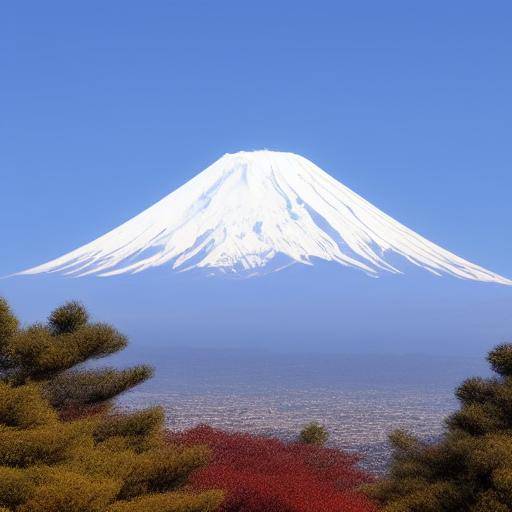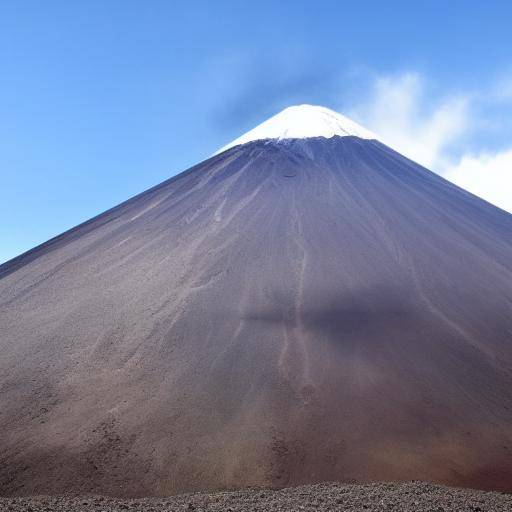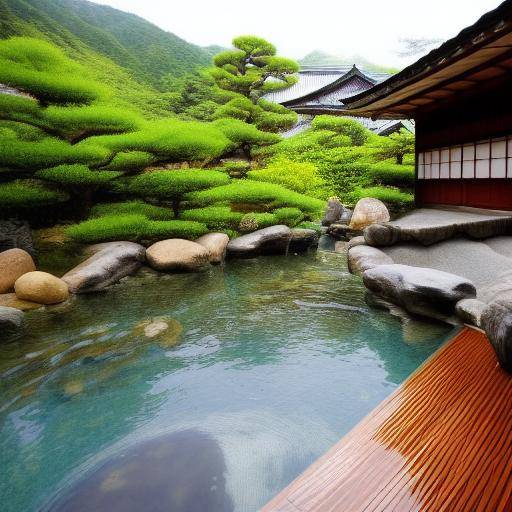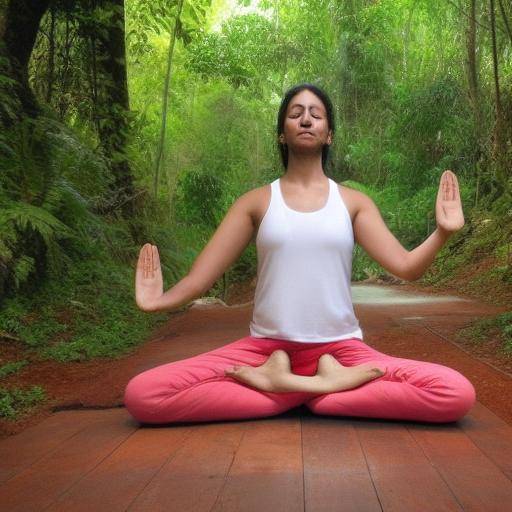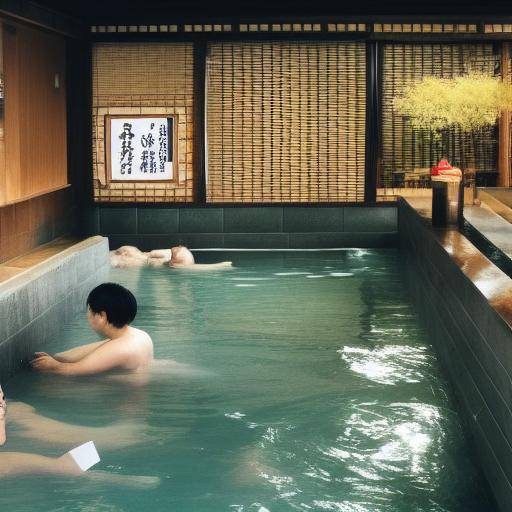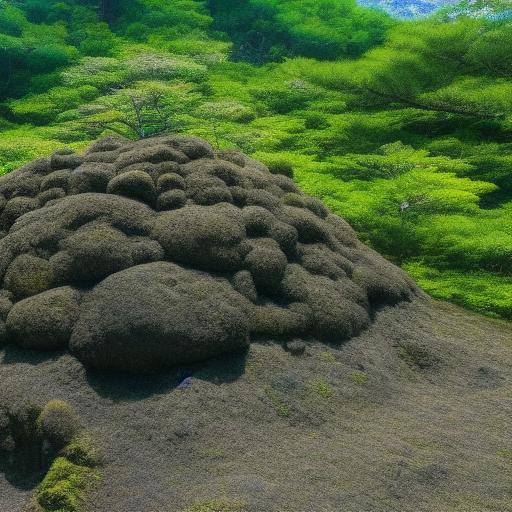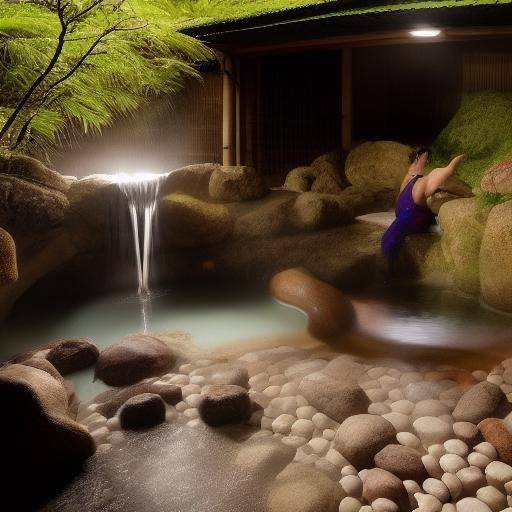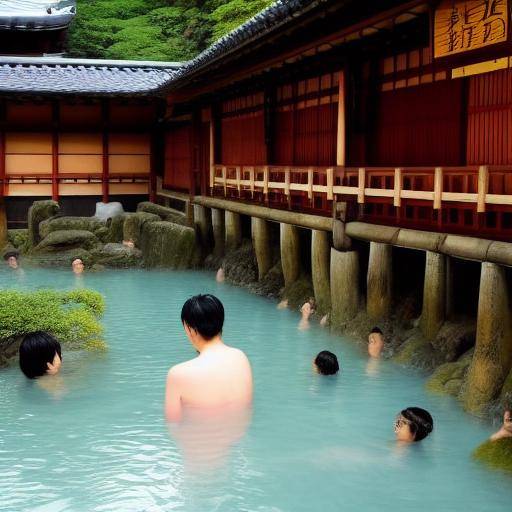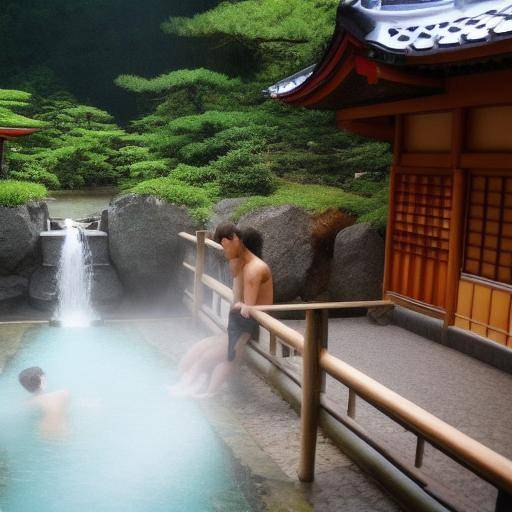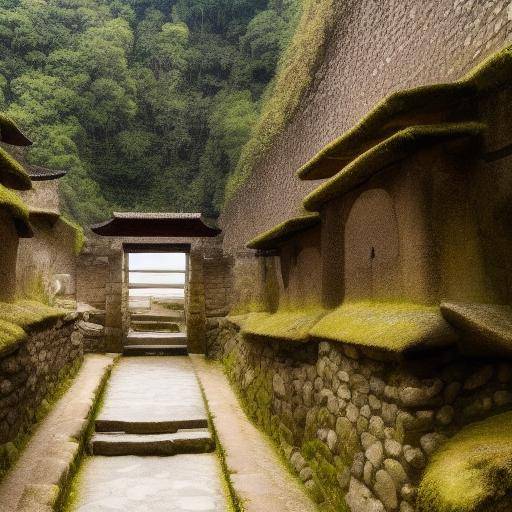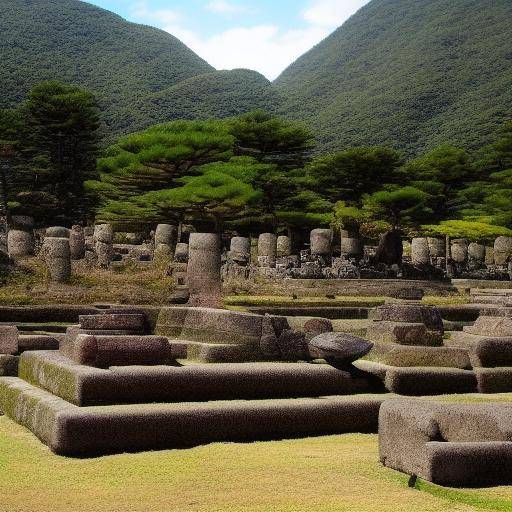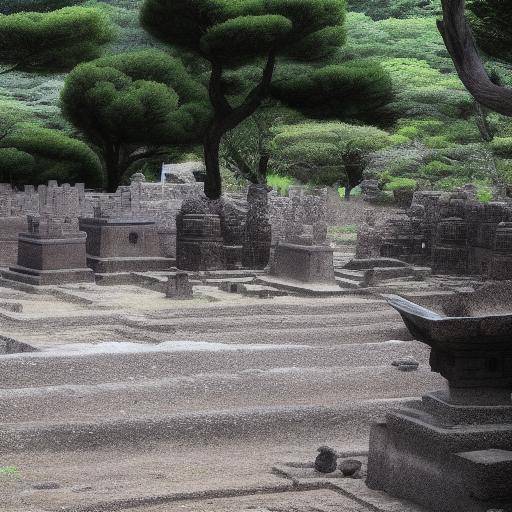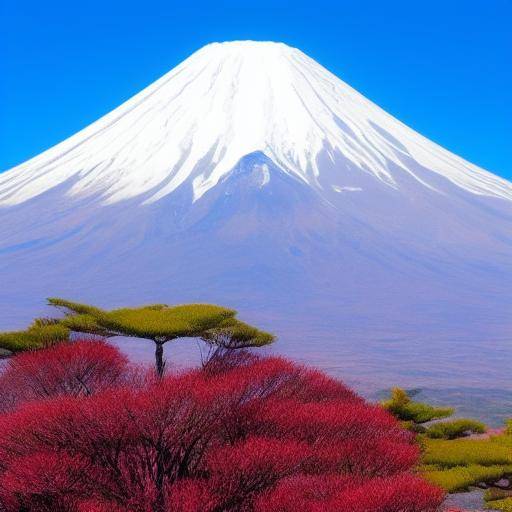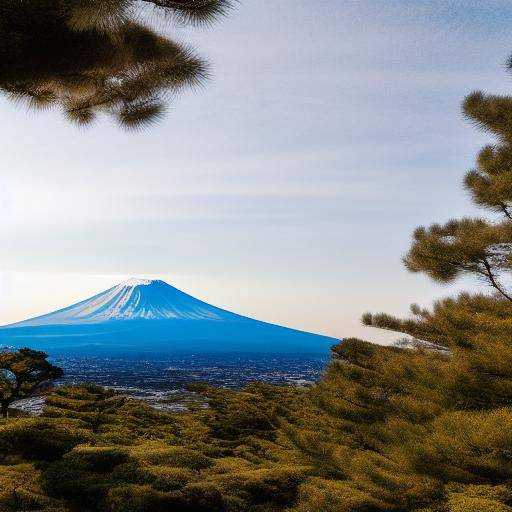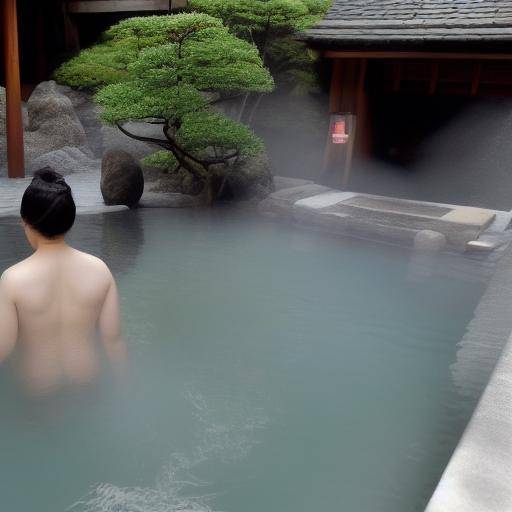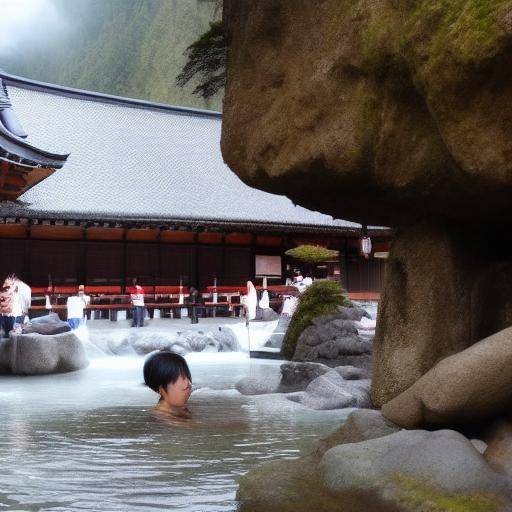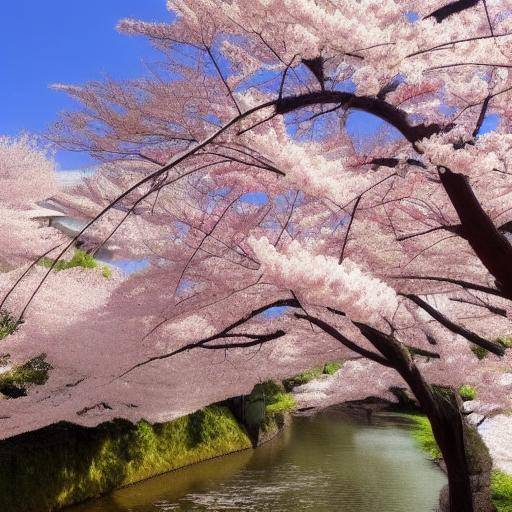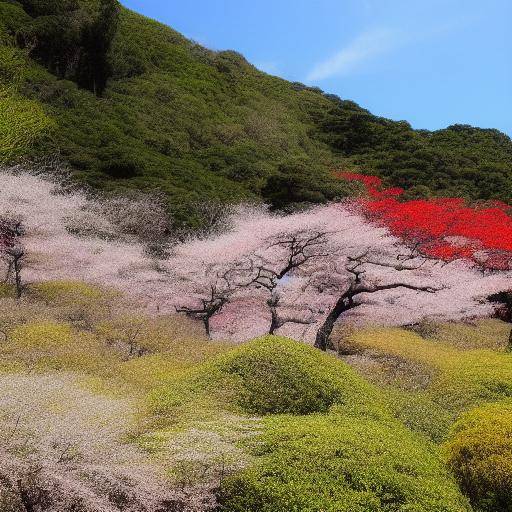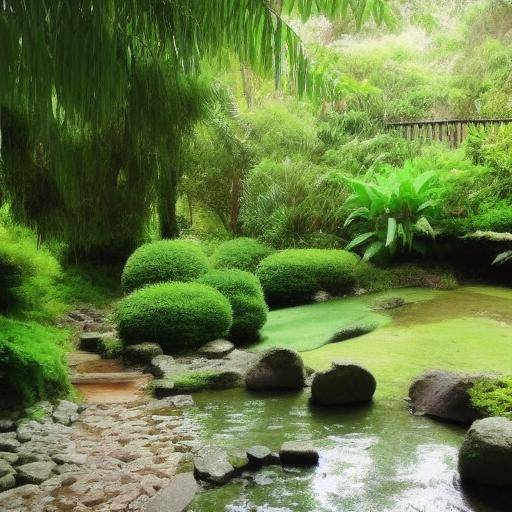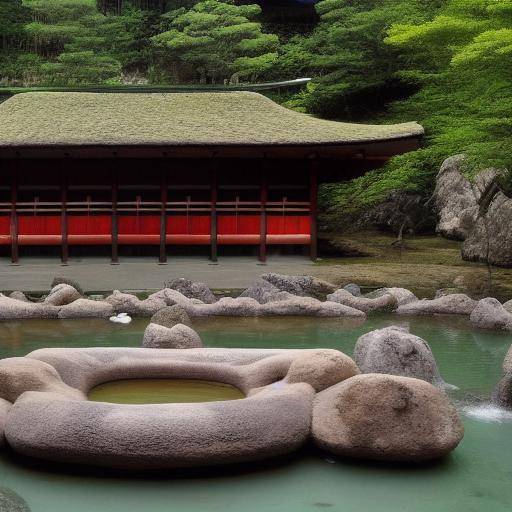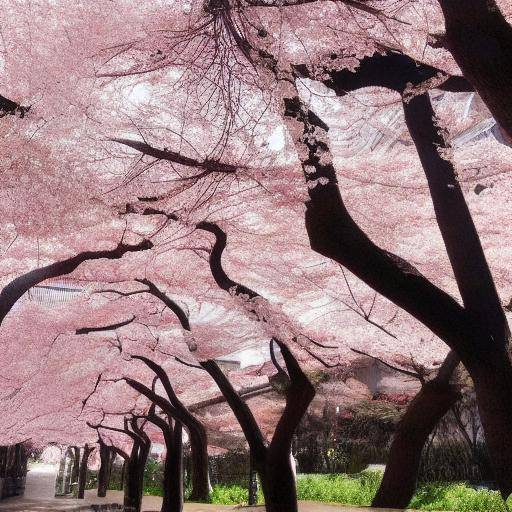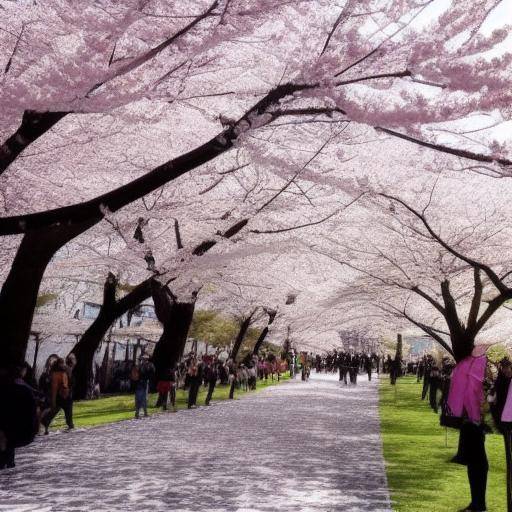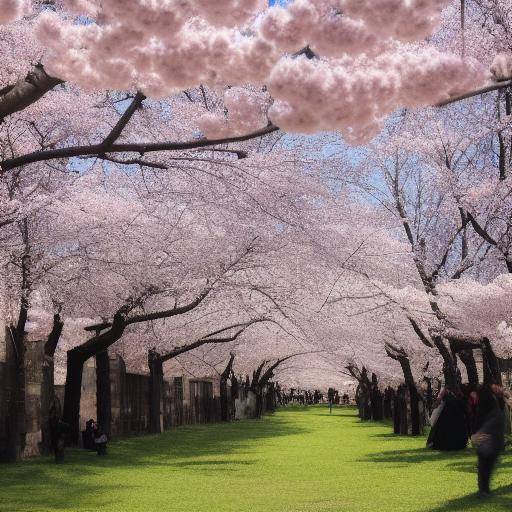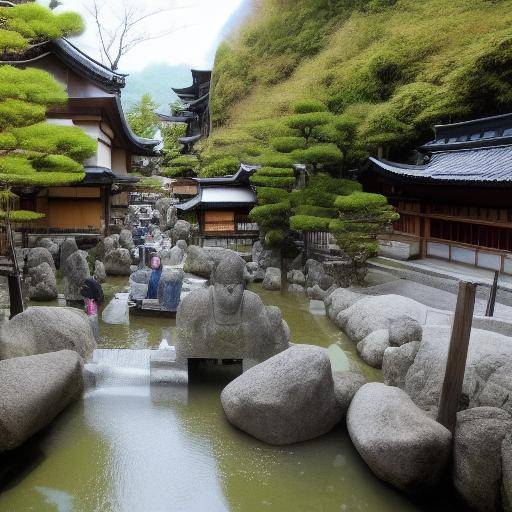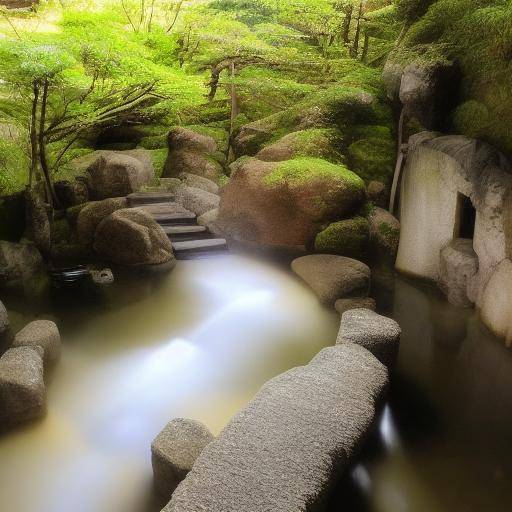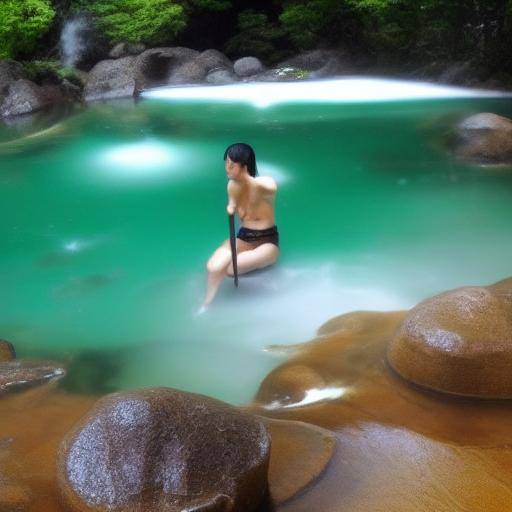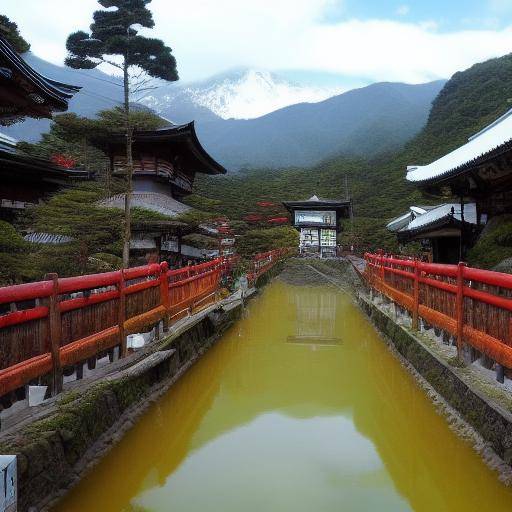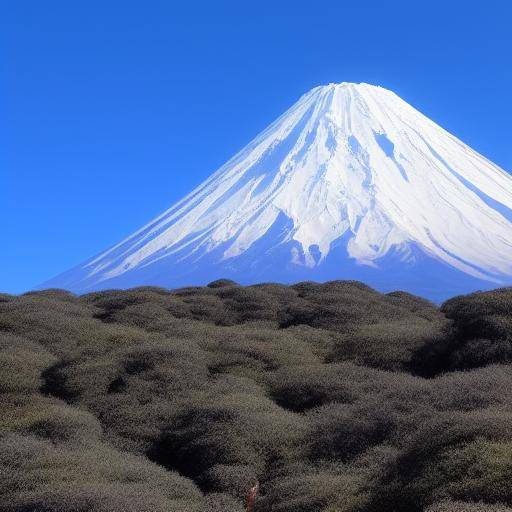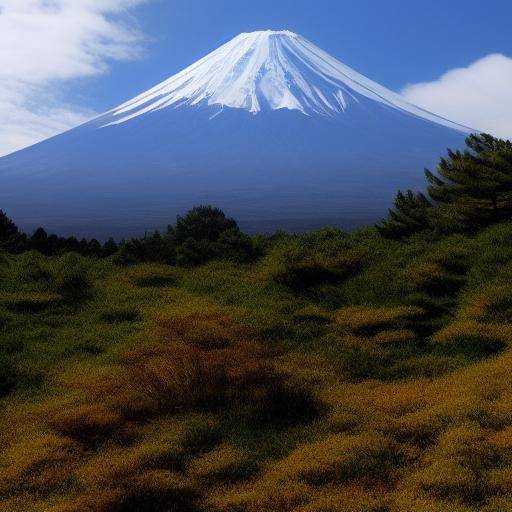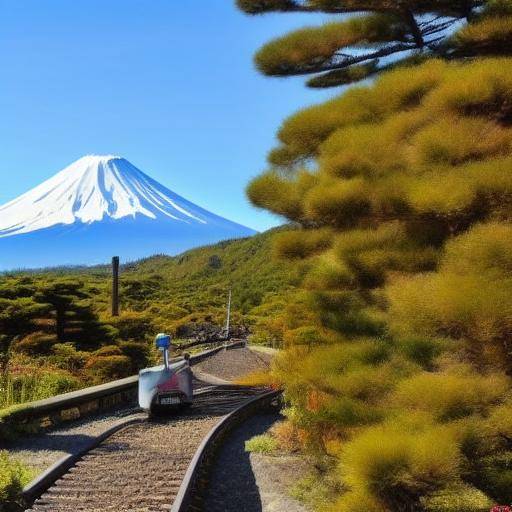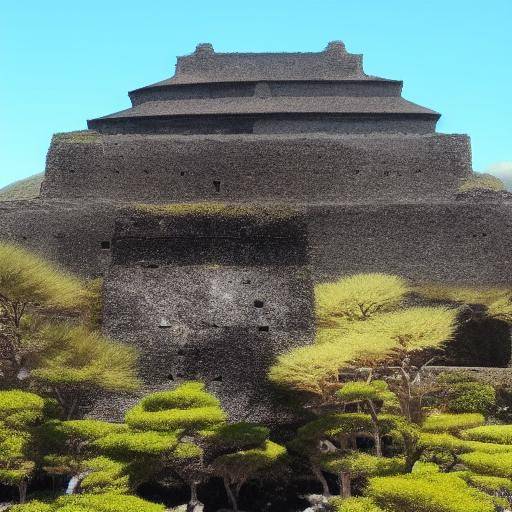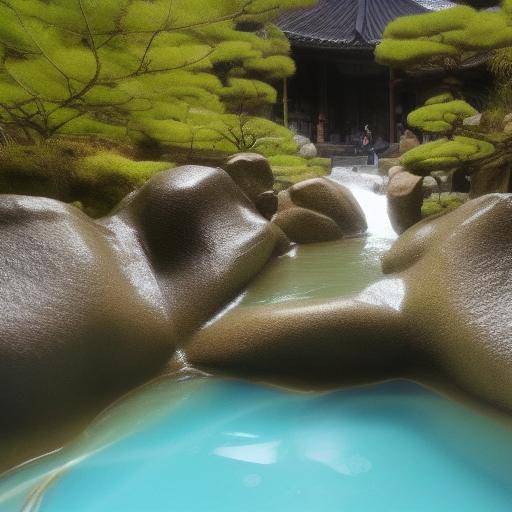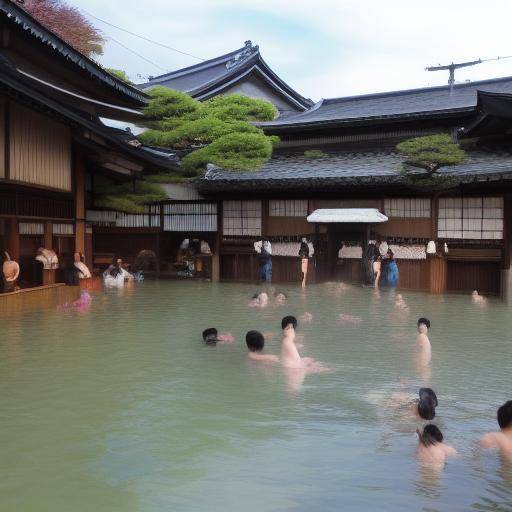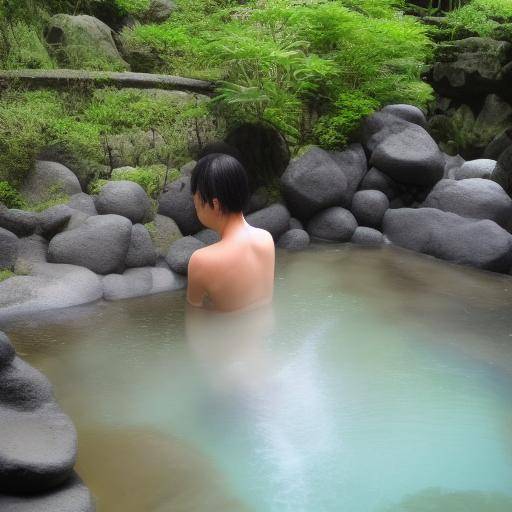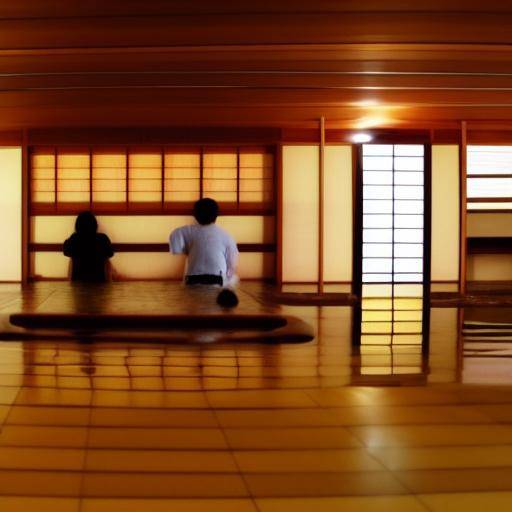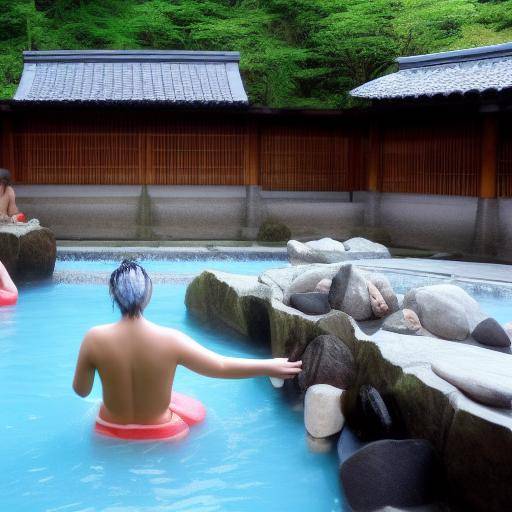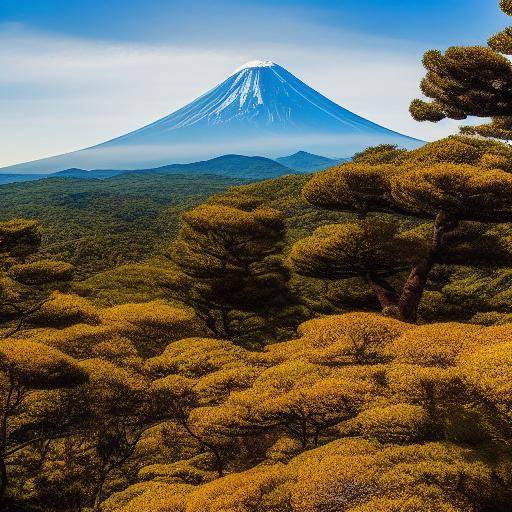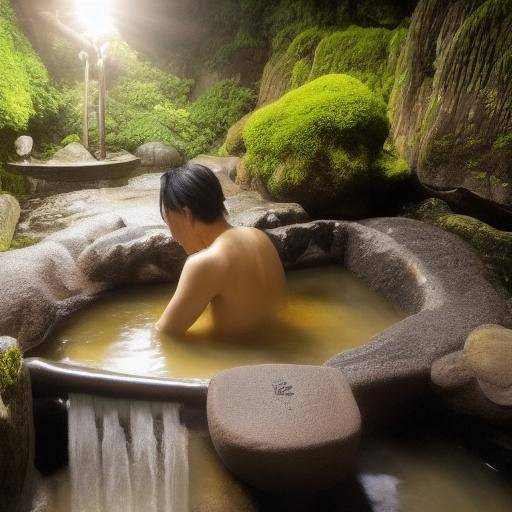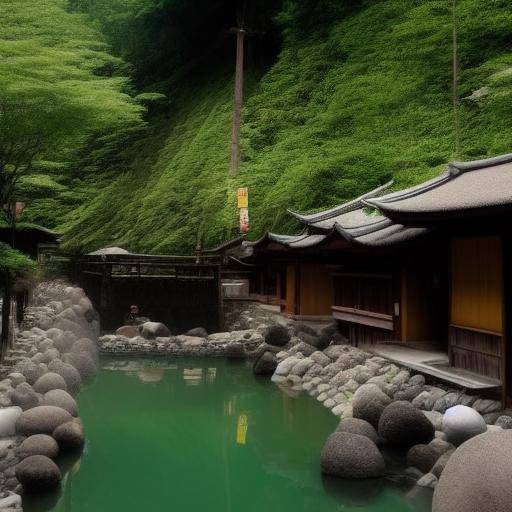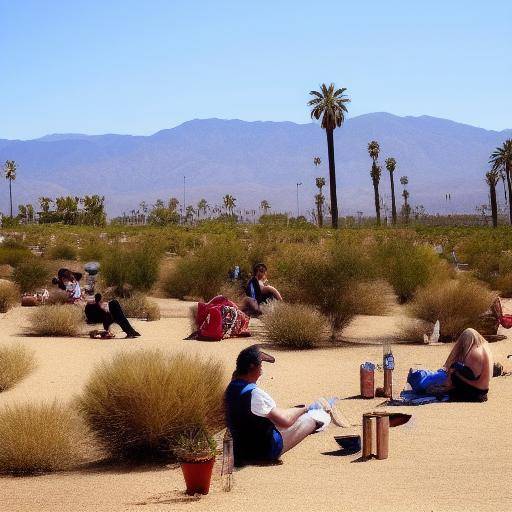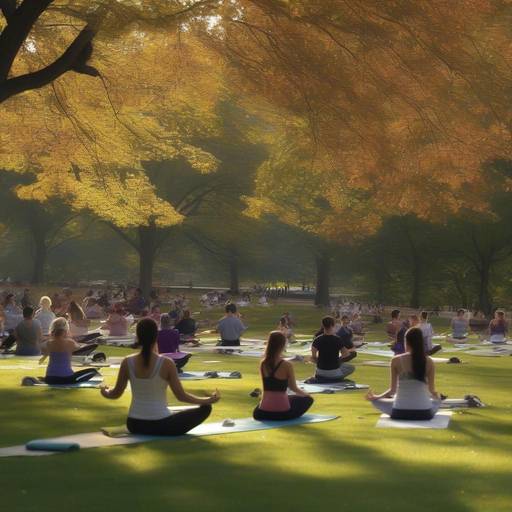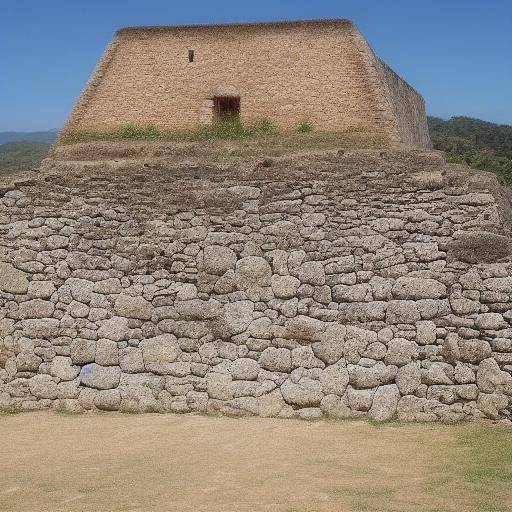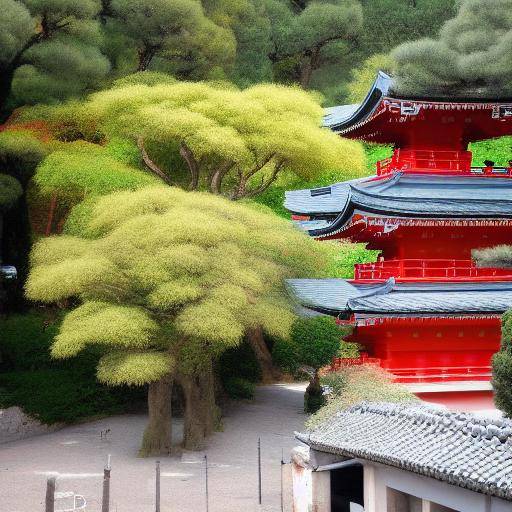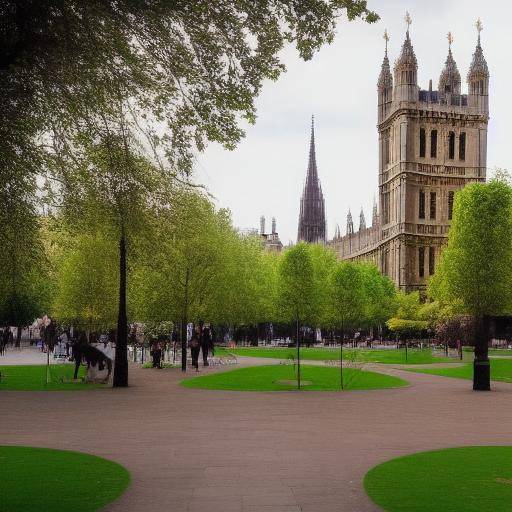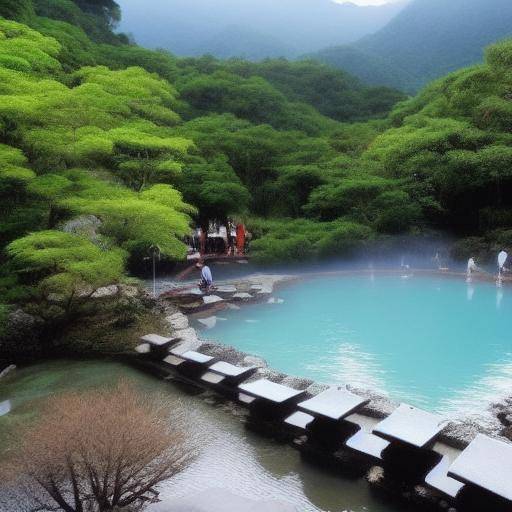
The term "onsen" evokes images of healing thermal waters, picturesque landscapes and a deep connection with nature. In Japan, the onsen have become an integral part of culture and well-being, offering locals and visitors a unique experience of relaxation and renewal. In this guide, we will explore history, health benefits, impact on the mind, as well as practical advice to maximize this fascinating Japanese tradition.
Introduction
The onsen, or thermal waters, are not only a popular tourist destination, but also play a significant role in the search for physical and mental balance in Japanese culture. Join us on a journey through the wonders of the onsen, discovering its long history, its impact on health and mind, and how you can make the most of this unique experience.
History and Background
The onsen, with their rich heritage and tradition, go back centuries, where the Japanese communities discovered the healing properties of the thermal waters. Over the years, the onsen have evolved from simple natural springs to resorts that offer a variety of services and amenities.
The term "onsen" refers to thermal waters with a temperature exceeding 25 degrees Celsius, known for its rich mineral concentrations such as sulfur, iron, iodide and bicarbonate. These thermal waters are considered a natural blessing that has played an important role in the life of the Japanese since time immemorial.
During the Edo period in Japan, the thermal waters gained popularity, becoming places of rest and recovery for travellers, as well as social gatherings. Most of Japan's internal tourism during that period focused on visiting thermal waters, demonstrating the cultural and therapeutic importance they had.
Today, the onsen are a must for tourists and locals alike, who seek not only physical relaxation but also spiritual renewal.
Analysis in Deep
Health benefits
Onsen are known for their therapeutic properties, which include muscle pain relief, improved blood circulation and detoxification of the body. The mineral waters present in the onsen have proven benefits for the skin, helping to treat conditions such as acne, psoriasis and dermatitis.
In addition, the calm and serene environment surrounding the onsen promotes the reduction of stress and mental relaxation, which in turn contributes to improving the quality of sleep and general well-being.
Impact on Mind
The onsen not only offer a physical indulgence, but also play a crucial role in mental well-being. Dipping into the thermal waters allows individuals to disconnect from everyday hustle, fostering introspection and inner peace. Many visitors describe a sensation of renewal and mental clarity after immersed in the thermal waters, which exemplifies the positive impact that the onsen can have on mental health.
The connection with the nature experienced when visiting an onsen, coupled with the tranquility of the environment, contributes to a sense of harmony and balance that positively influences mental health.
Comprehensive review
Practices and Councils
In enjoying the onsen, it is important to follow some traditional practices and respect the established rules. Before you immerse yourself in the thermal waters, you need to shower to make sure you are clean before entering the onsen. In addition, it is common to dive into the thermal waters without wearing bathing suits, so visitors should leave their garments in the dressing room.
When choosing an onsen, it is important to take into account the type of thermal waters it offers, since each can have specific health benefits. For example, some waters may be recommended to relieve muscle pains, while others may be beneficial for skin problems.
Industry Perspectives and Expert Reviews
Experts on well-being and tourism in Japan note that onsen play an important role in promoting a healthy lifestyle and sustainable tourism. The combination of the therapeutic benefits and the connection with nature offers visitors a unique experience that contributes to integral well-being.
Experts also highlight the importance of preserving and protecting the natural resources that sustain the onsen, as their conservation is essential to ensure that future generations can enjoy these natural treasures.
Practical Tips and Accessible Tips
If you are planning to visit an onsen, it is advisable to investigate previously about the type of thermal waters they offer and the services available in the place. In addition, it is important to respect local norms and practices to ensure a pleasant experience for all visitors.
Before immersed in an onsen, take a moment to appreciate the natural beauty surrounding it and allow the serenity of the environment to contribute to your relaxation. After your visit, take the time to rest and allow the benefits of the onsen to tighten in your body and mind.
Comparative analysis
The onsen in Japan embody the perfect fusion between the country's natural wealth and its approach to integral well-being. Unlike other spas around the world, Japanese onsen offer a unique experience that focuses on the connection with nature and physical and spiritual purification.
The Japanese culture of the onsen also emphasizes the importance of modesty and respect, adding an element of humility and consideration to others that are not usually seen in other thermal water destinations.
Conclusion
The waves of Japan are much more than simple thermal waters; they represent a philosophy of well-being rooted in history, nature and spirituality. Enjoying an onsen is plunging into the rich Japanese tradition, experiencing its benefits for health and mind, and allowing for a moment of peace and renewal. We hope that this guide has inspired you to explore the wonderful onsen culture and enjoy all the benefits they have to offer.
Frequently asked questions
What should I take when visiting an onsen in Japan?
It is advisable to wear a small towel, personal hygiene items and a change of clothes. Some onsen also offer towels and other necessary items.
Are there age restrictions to visit an onsen?
Most of the onsen in Japan have no age restrictions, however, some establishments may limit access to young children.
Is it appropriate to visit an onsen if I don't speak Japanese?
Many tourist establishments in Japan offer information in English and other languages, which facilitates the visit to the onsen for international tourists.
What is the best time of the year to visit an onsen in Japan?
Each station offers a different experience in the onsen. Winter is popular for enjoying the outdoor thermal waters, while spring and autumn offer stunning natural landscapes.
Are there specific label rules I should follow when visiting an onsen?
It is important to respect local label rules, such as showering before entering the onsen, avoid dipping the towel in the thermal waters and keep a low tone of voice to avoid disturbing the tranquility of the place.
What are the main benefits of plunging into thermal waters?
Benefits include stress relief, improved blood circulation, relieved muscle and joint pain, as well as skin benefits.
Are there onsen in urban areas of Japan, or are they mainly in rural settings?
Although traditional onsen are in natural environments, there are also "super-seated" (urban baths) in urban areas that offer similar experiences to onsen.
We hope that these frequent questions have provided you with a deeper and more practical understanding of the visit to the onsen in Japan.
The waves of Japan offer a rejuvenating escape of cotidianity, while nourishing the body and mind with the wonders of the thermal waters and communion with nature. If you are looking to immerse yourself in an experience that takes you to the heart and soul of Japan, an onsen is the perfect place to start. Discover the healing and relaxing secrets of the onsen and experience well-being in its purest form!

